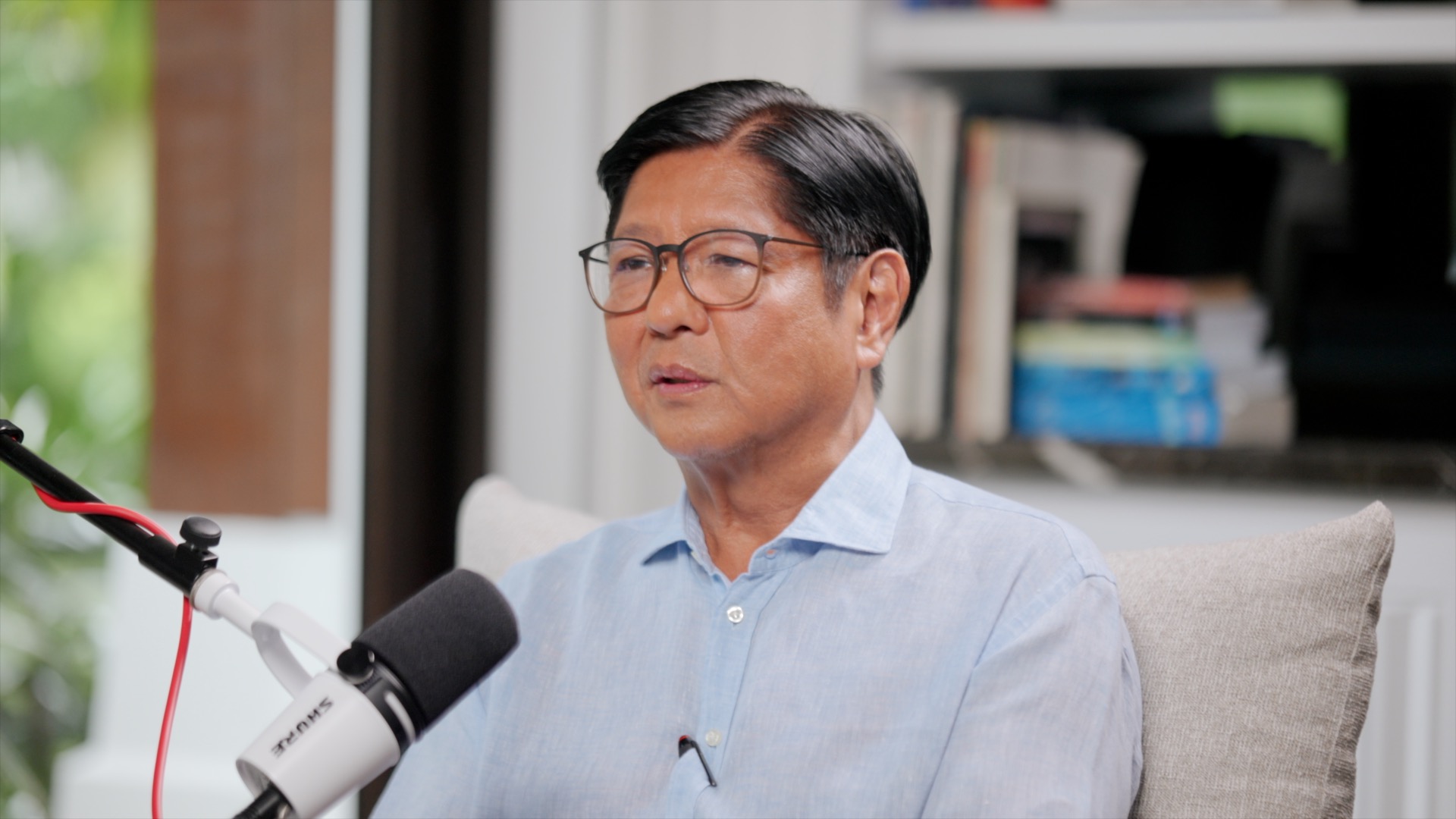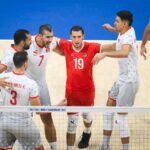President Ferdinand “Bongbong” Marcos Jr. on Wednesday maintained that he is blameless regarding the anomalies in flood control projects, stating that the accusations against him are politically motivated.
At a press conference, Marcos was asked to comment on claims that the investigation into flood control projects would eventually point to him, as he signed the national budget and appointed individuals who might be involved in the irregularities within the infrastructure programs.
“On this I’m confident that whatever mud might be slung at the administration, we will be able to show that this is—these are politically motivated and do not actually have any validation in fact,” Marcos said.
Marcos emphasized that he is not hiding anything, adding that the opposition wants to remove him from office.
“We are not hiding anything, we have no—I know that there are several—the opposition would love to bring me into this—to include me in all of this. But that’s politics,” Marcos said.
“That is not—that is not about corruption. That is about politics. They want to remove me,” he added.
Malacañang earlier maintained that Marcos is not involved in the anomalies and irregularities in flood control projects.
During his speech on July 28, the President promised to take strict action against public officials who profited from the government’s infrastructure projects, including flood control projects.
An Independent Commission for Infrastructure, established through Marcos’ executive order, was tasked with investigating these anomalies.
Marcos also expressed confidence because “I know what we did or did not do.”
“So if we are—we investigate. We investigate everybody. We follow the evidence. And wherever that leads, it’s not something that we try to direct or influence. That’s why we have the ICI,” he said.






